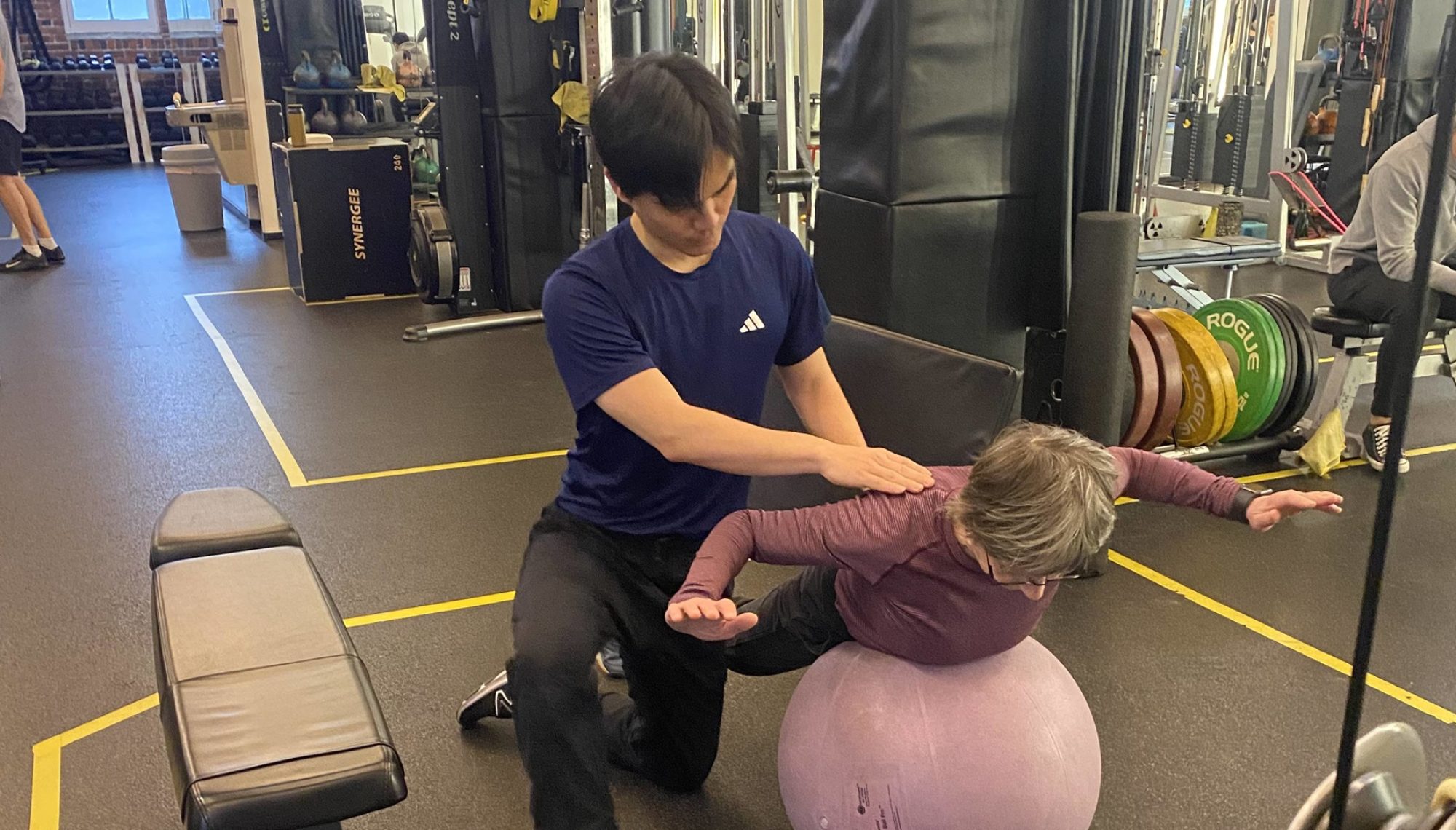Rows are a staple exercise for strengthening back muscles, commonly found in routines for building upper body strength and stability. However, not all rows are created equal, and improper form or execution can lead to shoulder discomfort or even injury.
In this post, we’ll explore some key tips to make your row exercises safer and more effective, whether you’re dealing with shoulder pain or aiming to maximize muscle engagement.
Understanding Row Mechanics
Row exercises target multiple joints and muscle groups, including the elbows, scapula, and glenohumeral joint (shoulder joint). While rows are generally safer for individuals with shoulder discomfort, especially when compared to pressing movements, there are important considerations to ensure they’re performed safely.
Avoid Overextending the Range of Motion
Although a full range of motion is often emphasized in training, it may not always be ideal, particularly for individuals with longer arms. Pulling the handle or weight too far behind the body can place unnecessary pressure on the shoulder joint, leading to discomfort. Instead, aim to pull the weight just to the line of your back, focusing on proper scapular movement toward the end of the row. This adjustment ensures that the movement stays safe and effective.
The Role of Single-Arm Rows
Incorporating single-arm rows into your workout adds an extra dimension of core engagement. Unlike traditional two-arm rows, single-arm variations require the oblique muscles to work harder to stabilize the torso, making them an excellent choice for building overall strength and balance.
Why Single-Arm Rows Are Effective
- Core Activation
The unilateral nature of the exercise demands additional core stabilization. - Improved Focus
It allows you to concentrate on one side at a time, ensuring balanced muscle development. - Reduced Risk of Overcompensation
Single-arm rows minimize the chances of favoring the stronger side.
Conclusion
Rows are a fantastic exercise for strengthening your back, but tailoring them to your body mechanics and focusing on proper form can make all the difference. Avoid overextending the range of motion to protect your shoulders, and incorporate single-arm rows for a full-body challenge. With these tips, you can enhance your workouts while staying safe and injury-free.
Contact us for our Personal Training Services

